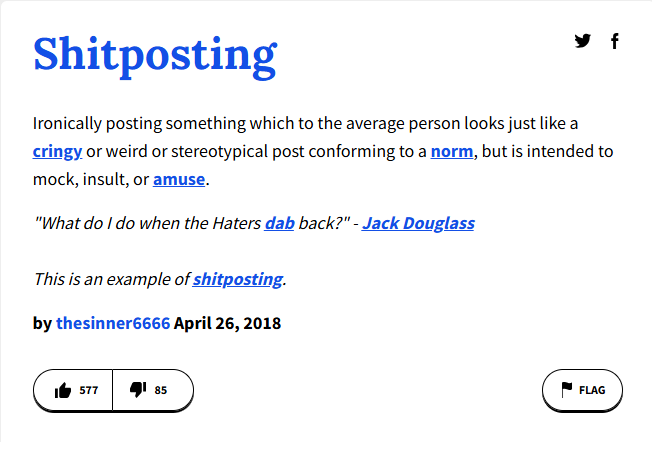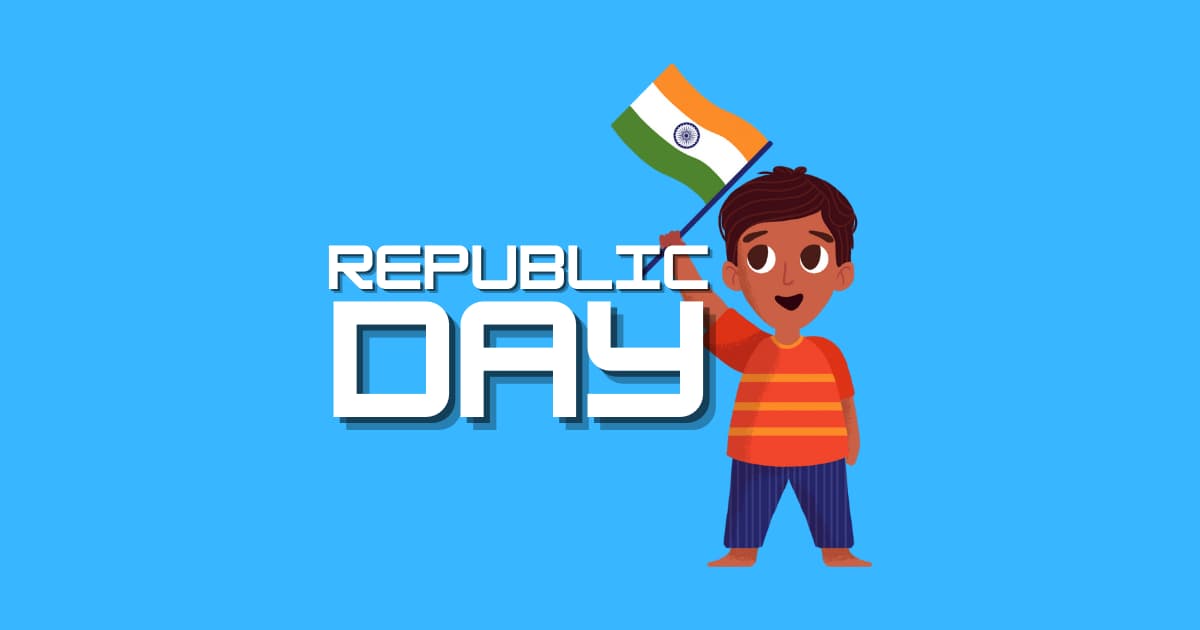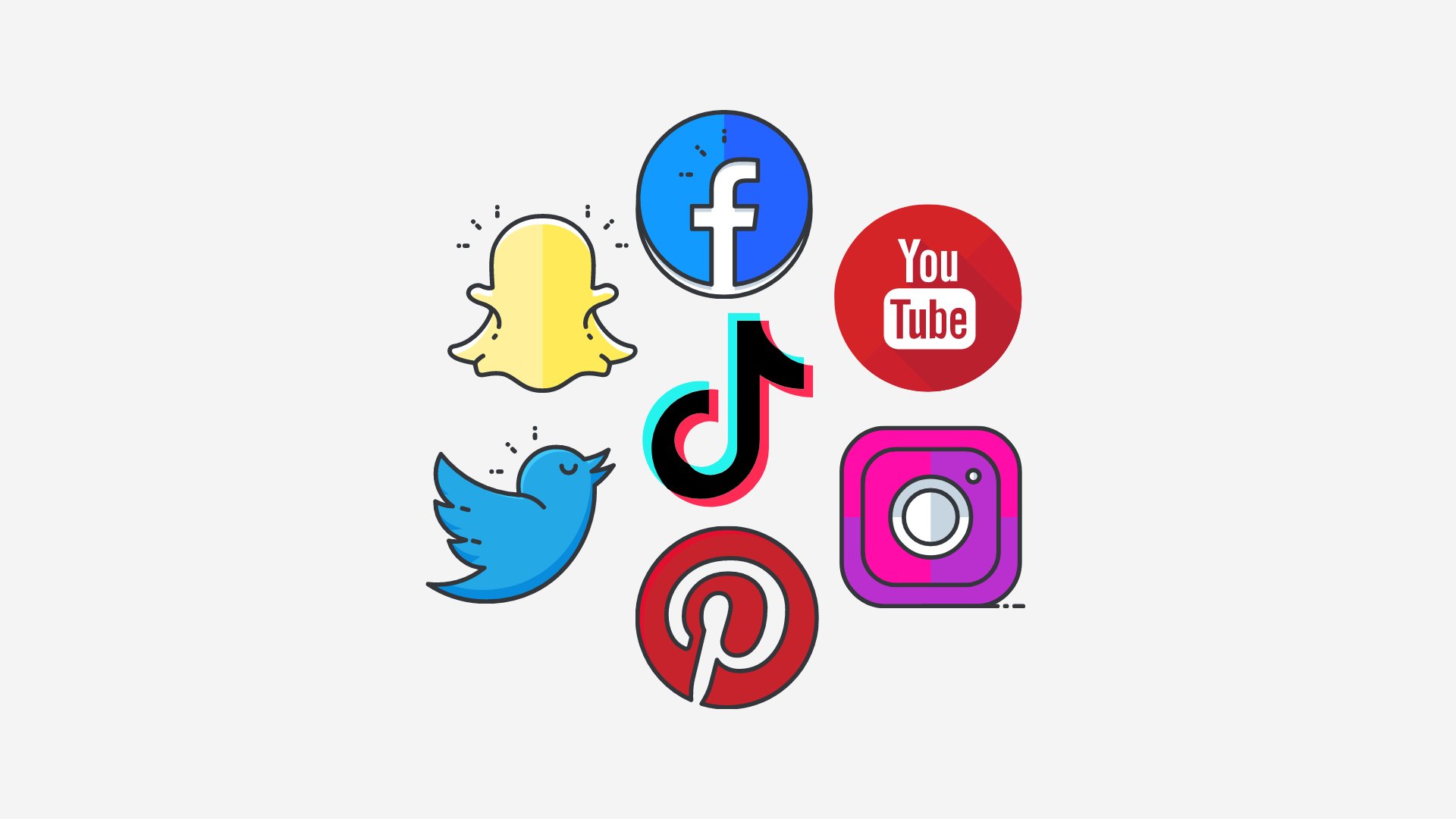Shitposting has become a cornerstone of internet culture over the past decade. It may seem like random nonsense, but it’s a unique form of humor. It thrives on chaos and absurdity. In this post, we’ll explain what shitposting is, where it came from, and how it took over the internet. Buckle up, it’s going to get weird.
What is Shitposting?
Shitposting is like that friend who cracks everyone up with random comments at the worst moments. It involves posting low-effort, sometimes completely nonsensical content to provoke a reaction. These posts can include memes, absurd comments, or totally random images that don’t really make sense. But that’s the fun part! They don’t need to make sense—just make people think, “What did I just see?”
Origins of Shitposting
The roots of shitposting can be traced back to early internet forums, especially 4chan. In these online spaces, people posted content without caring about quality or structure. The internet was a wild frontier, and posting completely ridiculous things was a badge of honor. Over time, shit-posting spread to other platforms, growing into the viral phenomenon it is today.
Key Events in Shitposting History
| Year | Event | Platform |
|---|---|---|
| 2003 | The term “shitposting” starts gaining traction | 4chan (Anon culture) |
| 2008 | Shitposting spreads to Reddit | Reddit (various subreddits) |
| 2010s | Shitposting becomes mainstream on Twitter | Twitter/X |
| 2020s | Shitposting evolves with TikTok | TikTok |
Urban Dictionary Definition

Shitposting is all about posting content that looks cringy, weird, or out of place. To most people, it might seem like a typical, stereotypical post. But the real goal? To mock, entertain, or just get a laugh.
Take this tweet: “What do I do when the Haters dab back?” It looks odd, but that’s the point. It’s a fun jab at internet trends, showing how users play with current memes.
On Twitter, shitposting is everywhere. Users love sharing random, sarcastic, or absurd content. It’s all about grabbing attention and having fun with online culture.
How Shitposting Became a Trend
Shitposting started as a way for users to get attention by posting content that was completely out there. Imagine putting a rubber chicken in a room of serious businesspeople. It’s random, confusing, and hilarious. What was once confined to internet forums like 4chan slowly expanded to Reddit, Twitter, and even Facebook. Over time, it evolved from random posts to something more creative. It became filled with inside jokes and memes, appreciated mostly by the internet-savvy.
Social Media Platforms for Shitposting
Different platforms offer different ways for shitposting to thrive. Some have entire communities dedicated to it, while others allow individuals to quickly post sarcastic or weird content. Here’s how shit-posting shows up on various platforms:
| Platform | Popular Shitposting Features | Audience |
|---|---|---|
| Subreddits like r/Shitposting, r/rareinsults | Communities of like-minded individuals | |
| Quick, sarcastic posts, memes, and viral trends | Diverse, fast-paced interaction | |
| Memes and group posts with humorous or out-of-context commentary | Older demographics, group-based interactions | |
| TikTok | Random, absurd videos with humorous edits and music | Younger audience, creative expression |
Earning Big
It turns out that shitposting isn’t just for laughs—it can actually lead to big earnings.
As social media grew more commercial, users with viral shitposts turned fame into money. Influencers, meme creators, and even casual shitposters have found ways to monetize their content. Through sponsorships, brand deals, and viral content, some individuals are raking in serious cash. Imagine posting a meme about cats wearing hats and waking up to a brand asking you to promote their product. It’s the dream.
Platforms like TikTok, YouTube, and Instagram are giving creators opportunities to turn viral videos into revenue.
TikTokers making funny, random, or absurd content earn money through brand deals, the Creator Fund, or live-stream gifts. On YouTube, meme videos and comedy sketches bring in money from ads, sponsorships, and fan support. Instagram lets creators monetize with sponsored posts, brand deals, and their own products or merchandise.
Professional shitposter Meaning
A professional shitposter is someone who makes a living out of sharing random, funny, and chaotic content online. They know how to take something absurd and turn it into viral gold. Whether it’s memes, tweets, or videos, these creators grab attention with humor and unpredictability. Platforms like Twitter, Instagram, and TikTok are their playgrounds, where their posts can go viral in no time. Thanks to their huge following, professional shitposters can earn money through brand deals, sponsorships, and even selling merchandise. It’s proof that even the most random content can turn into a real career.

The demand for professional shitposters is growing fast on social media. Brands and influencers are turning to creators who know how to make viral, funny, and unexpected content.
Professional shitposters mix humor and randomness to leave a lasting impact on Twitter, Instagram, and TikTok.
Companies are eager to work with them because their posts can generate massive engagement and drive conversation.
Posting ridiculous yet funny content has become a valuable skill, and opportunities for professional shitposters are endless.
Full blown career
In fact, some content creators have turned shitposting into full-blown careers. Meme creators on Twitter (now X) and Instagram have gained massive followings and lucrative brand deals, tapping into their viral potential.
The fast-paced nature of platforms like Twitter/X and Instagram means that a single tweet or post can blow up overnight, resulting in sponsorships or ad deals.
Many meme creators have become millionaires from their online presence, gaining fame and financial success simply by sharing absurd, random, and often hilarious content.
It’s not just about posting random memes, though. Becoming a successful content creator requires meeting certain prerequisites and guidelines. Each platform has its own set of requirements for monetization, and understanding them is key for turning shitposting into serious income. Here are a few key prerequisites to apply for earning as a content creator:
Pre-requisites for Earning as a Content Creator
Follower Count & Engagement
Many platforms require a minimum number of followers and engagement before you can apply for monetization. For instance, YouTube requires creators to have at least 1,000 subscribers and 4,000 watch hours over the past 12 months to join the YouTube Partner Program and start earning from ads. TikTok and Instagram also look at your engagement rate, such as likes, shares, and comments.
Content Consistency
Regularly posting content and building a consistent online presence is crucial. Platforms like YouTube and TikTok reward creators who upload frequently, as this keeps the audience engaged and coming back for more.
Compliance to Platform Guidelines
To be eligible for monetization, creators must follow community guidelines and avoid posting content that violates platform rules (such as offensive or illegal content). Even shitposting needs to stay within the boundaries set by the platform.
Brand Partnerships and Sponsorships
Building relationships with brands is essential for creators who want to earn money through sponsorships. As you grow your following, brands may reach out to collaborate, or you can apply to influencer marketing platforms where brands post collaboration opportunities.
Content Quality and Originality
While shitposting thrives on randomness, it’s still important that your content is original and doesn’t infringe on others’ work. Platforms like YouTube and Instagram require original content, so stealing memes or re-posting others’ videos without permission can hurt your earning potential.
Shitposting: From Hobby to Full-Time Job
Shitposting has gone from being a casual hobby to a potential full-time job. So, while most of us are just trying to get through the workday without embarrassing ourselves, there are people out there turning their most random thoughts into bank accounts full of cash. In fact, many social media influencers and content creators who started with just a meme or funny tweet are now making millions. TikTok stars, YouTube meme channels, and viral Twitter/X accounts have turned internet absurdity into real-life wealth. Maybe it’s time to reconsider that weird meme you were going to post—who knows, it might be your ticket to the good life!
While shitposting may seem like random chaos, it’s becoming an art form with real rewards. So, if you’re good at creating hilariously bizarre content and can get people to engage with it, there’s a big chance that the internet could not only give you fame—but also a paycheck.
Reddit is practically the birthplace of shitposting. There are entire subreddits dedicated to it. If you visit r/Shitposting, you’ll find posts that make you question everything you thought you knew about the internet. r/rareinsults is another goldmine, where users share their most absurdly offensive yet oddly hilarious content.
Twitter/X
On Twitter, the goal is simple: make a quick, sarcastic comment that’ll get tons of retweets. It’s like a fast-paced game of who can be the most ridiculous in 280 characters. Celebrities, memes, and even politics are fair game for shitposting, which means everyone’s a target. If you’ve ever seen a tweet about a celebrity that made you think, “Why did I just read that?”—chances are, it was shit-posting.
Though Facebook isn’t usually known for shitposting, it’s still alive and kicking. Groups filled with memes, bad jokes, and random commentary let people share absurdity with their friends. It’s the perfect place for embarrassing relatives to post “funny” videos that have no point. But hey, we all love a good “dad joke” shared on Facebook, even if it’s in the form of a weird meme.
TikTok
TikTok has taken shitposting to the next level with videos that are as bizarre as they are funny. It’s a place where you can post random clips of you dancing like a chicken to a pop song, and somehow it goes viral. It’s like a digital wonderland where weird edits, absurd humor, and catchy music come together to form the perfect storm of ridiculousness.
Form of Protest
Believe it or not, shitposting can also be a form of protest. When people want to make fun of politicians or mock serious events, they might turn to memes or absurd commentary to make a point. The key is that these posts are meant to disrupt the seriousness of the topic. For example, making fun of politicians by sharing memes about their “questionable” choices can be a way to laugh at what might otherwise be an uncomfortable subject. It’s political satire with a side of chaos.
The Evolution of Shitposting: More Than Just Randomness
Over time, shitposting evolved from simple random posts to more complex forms of social commentary. The memes, jokes, and images may seem random to outsiders, but to those in the know, they have layers of meaning. A meme of a cat in a hat might look silly, yet it could mock a viral trend or offer absurd commentary on the world. Who knew a picture of a dog in sunglasses could make you question your life choices?
Conclusion: The Lasting Power of Shitposting
At the end of the day, shitposting is a form of humor that reflects the unpredictable, fast-paced nature of the internet. It’s unfiltered, irreverent, and always changing. It gives people a way to laugh at life’s absurdities without worrying about being politically correct or serious. Whether it’s through memes, sarcastic tweets, or random TikToks, shit-posting will continue to thrive as a central part of internet culture.
So next time you see a completely random post that makes no sense, remember: it’s probably just someone living their best shitposting life. And who are we to judge?








